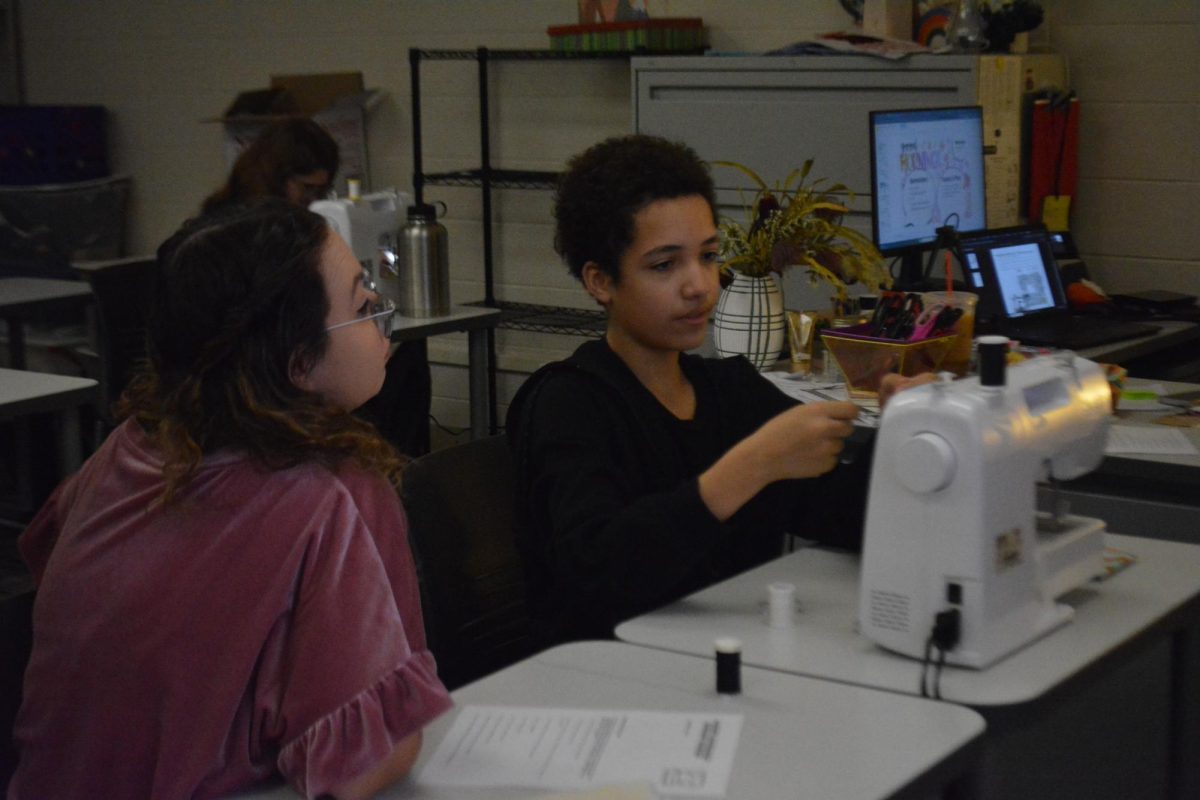As both Greenwood and GHS grow more diverse, the number of people who speak multiple languages is growing.
With English as a second language to these students, this means they speak the same languages as their parents and often serve as translators.
“I feel like I’m a pretty good translator at this point. It has been stressful before, but usually it comes pretty naturally. People don’t really get bothered when I have to translate either. They’re usually actually interested in how it works,” Junior Jose Moreno said.
Junior Jacob Ling was born in Malaysia as his family was fleeing religious persecution in Myanmar (Burma). Being an immigrant, Ling finds himself serving as a translator for his parents often.
“I usually translate for them more important things that are in English: things like the bills, stuff for Medicare or anything in the medical field. Sometimes, I even have to translate important work emails that are in English. It’s usually most difficult when there isn’t a direct translation from English to Hakah Chin,” Ling said.
Students may have noticed an increase of Ling’s mother tongue of Hakah Chin in Greenwood. Due to the conflicts of Myanmar/Burma, many families similar to Ling’s were forced to flee. The affordable housing and job opportunities paired with the number of pre-existing churches made Indianapolis a perfect landing place for Burmese people seeking refuge.
Even though Ling’s native language is Hakah Chin, he still finds English easier.
“I think English is easier. When I first started speaking, we had already moved to America, so I was around it all the time from a young age, especially when I got to pre-school and Kindergarten, since they taught me better English there,” Ling said.
For native speakers, English seems easy, but in many countries around the world people think that English is actually one of the most difficult languages to learn and speak.
Moreno said that, “Since I learned Spanish first I think English was a lot harder. There’s a lot more rules that come with it, so you have to spend a lot of time just memorizing how some of the more complex parts work.”
While many students only speak English, being bilingual can be beneficial, according to Junior Roneekeisha Beaugris.
“I think it (bilingualism) helps a lot. When I learned Creole, I was a kid. Learning Creole and English at the same time really helps you to process information better. When translating one language to another, you take in lots of information while translating to another language in your head,” Beaugris said.
Beaugris’ feelings are not just that but scientific facts.Studies that show there are cognitive benefits to being bilingual. One study conducted by Ellen Bialystok, Fergus IM Craik, and Gigi Luk found that speaking more than one language helps deter the effects of dementia and Alzheimer’s in old age. Another study conducted by The French American Academy found that bilingualism improves not only cognitive function but emotional intelligence too. It increases cultural understanding and competence; leading to having more empathy and a better understanding of other cultures.





